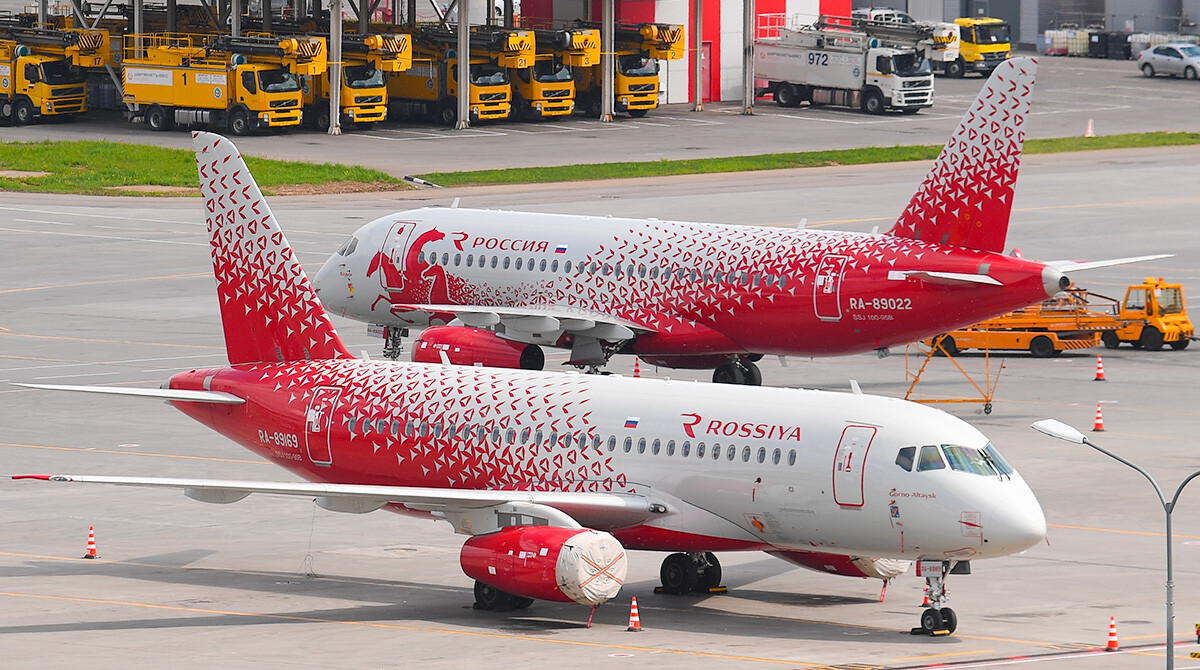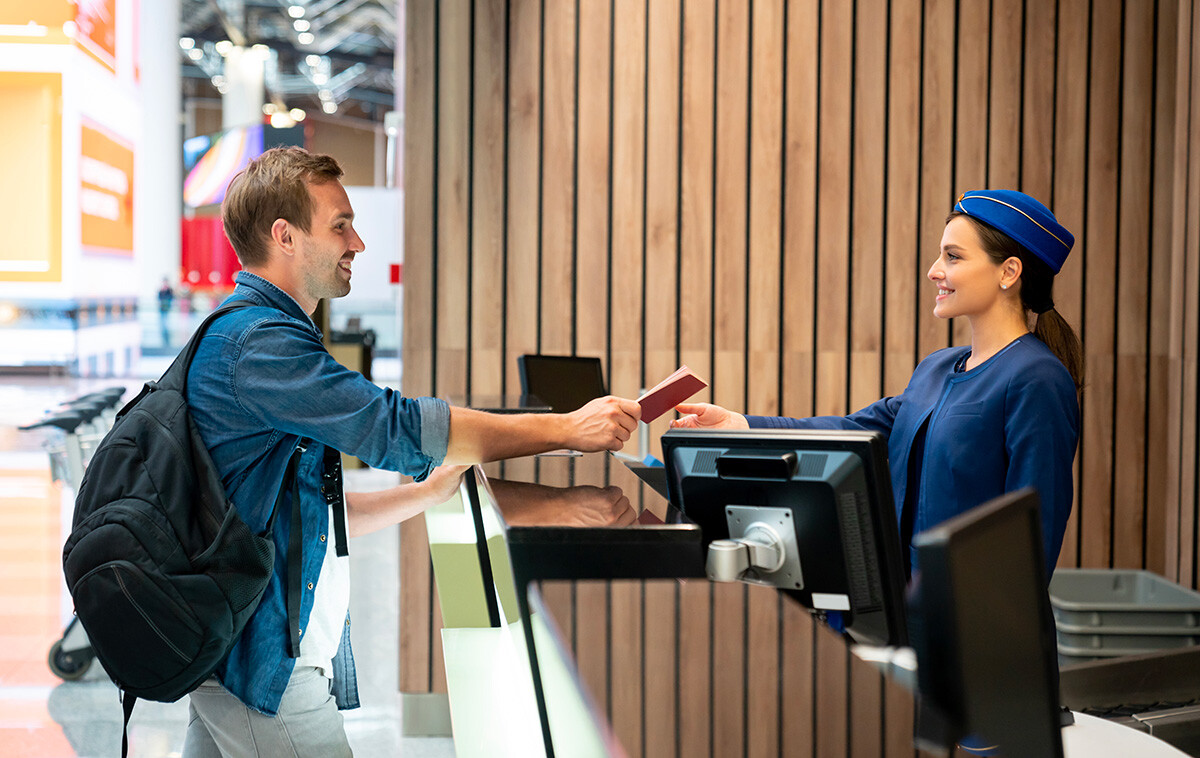
First visa-free tourists from China, 2023
Sergei Vedyashkin/Moskva AgencyOn August 15, 2024, the Russian government made changes to the procedure for issuing Russian visas to foreign citizens. According to the document, employees of the authorized state body that issues visas will now conduct an in-person interview with foreign citizens.
The document states that consulate and embassy employees and visa officers will check the accuracy of information about the purpose of one’s trip to the Russian Federation and the conditions of their stay in Russia.

Visa applicants can be asked about their plans while in Russia, where they will stay and how they plan to move around the country. During the interview, one will also be able to provide additional documents confirming the purpose of one’s trip.
According to Russian Foreign Ministry spokeswoman Maria Zakharova, such measures are necessary to combat illegal migration and illegal entry into neighboring countries through Russia.
No, there are exceptions. Since August 2023, citizens of 55 countries can apply for an electronic visa to enter the Russian Federation without going to a consular office in their country (Read more about what kind of visa it is and which countries' citizens are eligible here).

The new rules do NOT apply to electronic visas, as stated by Sergei Voytovich, head of the Russian Union of Travel Industry's Committee on International Cooperation, as they are regulated by another government decree.
Citizens of most European countries, as well as the United States, Canada, Australia and some African and South American countries, still need regular “paper” visas to enter Russia. That’s exactly what the new requirement will be regulating.
Take note that citizens of 65 countries do not need a visa to enter Russia, including the CIS countries, Cuba and Venezuela.

Yes, it will. But, only if a person finds themselves in a country, which they are not a citizen of, and they need to get to their homeland and the only way is transit through Russia; then, they won’t be subjected to an interview for a transit visa. "Since their return to their homeland is often possible only via transit through the territory of the Russian Federation, including due to the lack of alternative routes," the Russian Foreign Ministry’s spokeswoman explains.
Dear readers,
Our website and social media accounts are under threat of being restricted or banned, due to the current circumstances. So, to keep up with our latest content, simply do the following:
If using any of Russia Beyond's content, partly or in full, always provide an active hyperlink to the original material.
Subscribe
to our newsletter!
Get the week's best stories straight to your inbox